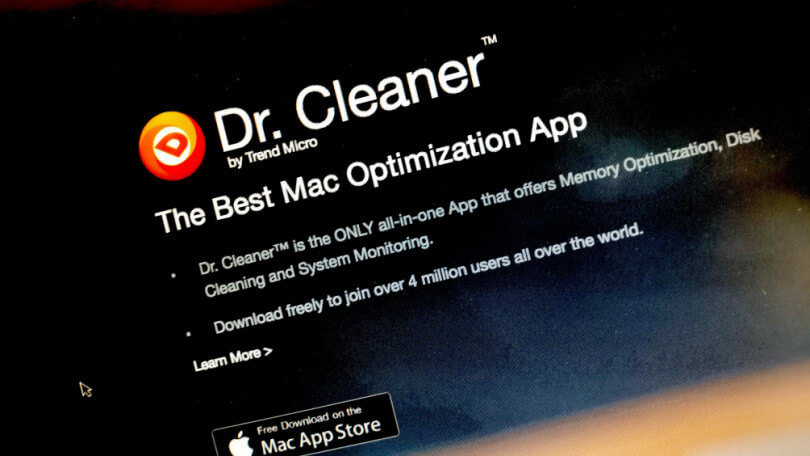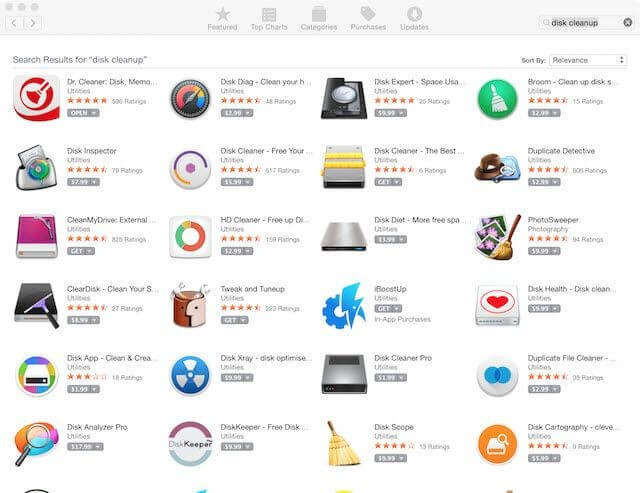
We reported this app to Apple in December 2017.
#DR. CLEANER MAC REVIEWS SOFTWARE#
Interestingly, this software was designed to promote a what appeared to be a mainstream antivirus product. The typical behavior is that, when the user opens an unfamiliar file, this app (and others like it) opens and promotes some antivirus software for scanning the file or the computer, often telling the user that they might be unable to open the file because they are infected. We’ve seen a number of different scam applications like this, which hijack the system’s functionality for handling documents that the user does not have an appropriate app to open, as a means for advertising other products…most often scams. This app came onto our radar late last year. We’ve continued to fight against this app, as well as others made by the same developer, and it has been taken down several times now, but in a continued failure of Apple’s review process, is always replaced by a new version before long. It was eventually removed, but was replaced soon after by an identical app named Adware Doctor. We immediately began detecting this, and contacted Apple about removing the app. At that time, we discovered an app on the App Store named Adware Medic-a direct rip-off of my own highly-successful app of the same name, which became Malwarebytes for Mac. The developer of this app is one that we at Malwarebytes have had our eye on since 2015. The developers found a loophole that allowed them to access that data despite Apple’s restrictions. In the case of the list of running processes, the app had to work around blockages that Apple has in place to prevent such apps from accessing that data.

Most of this is data that App Store apps should not be accessing, much less exfiltrating. A list of software that you have downloaded and from where.Patrick Wardle has recently posted an article detailing the misbehavior of an app named Adware Doctor, which is exfiltrating the following data: (This is referred to as exfiltrating the data.) Some of this data is actually being sent to Chinese servers, which may not be subject to the same stringent requirements around storage and protection of personally identifiable information like organizations based in the US or EU. Several security researchers have independently found different apps that are collecting sensitive user data and uploading it to servers controlled by the developer.

There is a concerning trend lately in the Mac App Store.


 0 kommentar(er)
0 kommentar(er)
